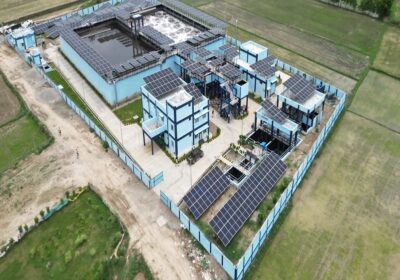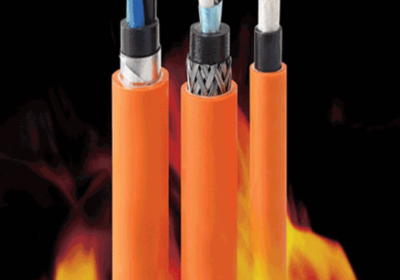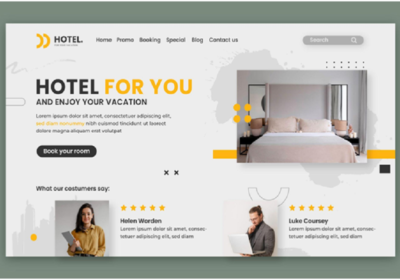
How to Maximize Networking at Finance Conferences
Going to a finance conference is one of the best investments you can make in your own career growth. The conferences gather industry executives, up-and-coming professionals, and outside thinkers who help create the future of financial services. The relationships you establish at these conferences are oftentimes more worth your time than any workshop or presentation you could sit through.
The banking sector is based on trust and relations. When you get to meet someone in person at a business event, you establish a personal relationship that goes far beyond online communication. These interactions can give birth to job prospects, business collaborations, mentorship partnerships, and insightful business information that you can simply not receive through online networking.
Preparing for Success Before You Arrive
Effective networking starts well before you step through the conference doors. Study the list of attendees and speaker roster carefully. Most conferences offer participant lists or mobile apps so that you can locate the most important people you’d like to meet. Make a list of twenty to thirty people who fit with your career objectives or work for companies where you’d like to work.
Rehearse your elevator pitch with care. You want to be able to say who you are, what you do, and what you’re seeking in thirty seconds or fewer. Rehearse this introduction until you feel comfortable with it and it sounds spontaneous rather than scripted. It is authenticity that resonates more deeply than precision.
Revamp your business cards and make sure they show your current position and contact details. You might even include a QR code that connects your professional profile so it is more convenient for new contacts to locate you online after the event.
Making Meaningful First Impressions
Your initial conversational approach establishes the foundation for possible long-term professional relationships. Begin with sincere interest in others instead of right away marketing yourself. Pose reflective questions regarding their job, recent company developments, or their take on market trends.
Listen actively in conversation. Most people go to networking events with one goal in mind: talking about themselves. They come away without learning a thing from others. By showing true interest in another person’s experiences and intelligence, you present yourself as someone special.
Remember that networking is about building mutual relationships, not just collecting contacts. Look for ways to offer value to the people you meet, whether through sharing relevant information, making introductions, or offering assistance with their professional challenges.
Leveraging Different Conference Formats
Conventional industry events provide many networking options during the day. Show up early to registration points where you can greet other delegates in a social environment. Many significant interactions start while taking coffee breaks, lunch hours, and evening reception activities where the atmosphere is less formal than that at presentation sessions.
A digital banking conference often includes interactive panel sessions and workshops that give rise to natural icebreakers. Base deeper conversations on the common experience of these shared experiences with regard to industry trends, technological advancements, and new opportunities.
Don’t miss smaller group environments such as breakout sessions or roundtable sessions. These personal spaces tend to yield more meaningful conversations than large networking receptions in which noise and crowd levels can turn meaningful conversations into a challenge.
Building Relationships during Event Activities
Participate actively in conference activities beyond the main presentations. Volunteer for event committees or help with registration tasks. These roles provide natural opportunities to meet other engaged professionals while demonstrating your commitment to the industry community.
Participate in group dinners or other social activities whenever feasible. Eating together makes the atmosphere more relaxed, such that the boundaries of work and professional relationships tend to relax, creating stronger bonds. These are the kinds of environments where commonalities and interests beyond work come to the forefront.
Look into pre-conference workshops or post-conference activities. These longer sessions tend to draw the most devoted participants who are serious about professional growth and contributions to their field.
Following Up Effectively After Initial Meetings
The true worth of conference networking comes through in your follow-up. Send tailored messages within forty-eight hours of introducing yourself to someone new. Cite specific points from your discussion to show that you actually listened during your encounter.
Do not send generic request for connection or greetings. Rather, say something you talked about, send a decent article you thought they might enjoy reading, or make an introduction that can be useful to their work.
Join professional online social networks, but always attach a personal message saying where you met and why you wish to remain in touch. This background makes individuals recall your encounter and more likely to approve of your invitation to connect.
Long-Term Professional Relationships
Effective networking doesn’t stop at the conference. Plan follow-up meetings or phone calls with your most promising new contacts. These more in-depth discussions frequently uncover partnership possibilities that were not evident during cursory conference interactions.
Exchange pertinent industry news with your new contacts throughout the year. Whenever you read something of relevance, such as articles, reports, or opportunities that could be of interest to someone you’ve met, pass it along with a personal note. Such consistent communication keeps you in people’s minds without being pushy and self-serving.
Try hosting casual meetups or industry discussion groups within your immediate geographic area. These smaller gatherings permit you to stay in touch with conference contacts while exposing them to other professionals within your larger network.
Optimizing Digital Networking Opportunities
Contemporary conferences increasingly include digital networking platforms and mobile apps. Leverage these technologies to arrange meetings, participate in discussion groups, and connect with attendees who share similar objectives or professional interests.
Utilize conference hashtags and social media platforms to carry discussions outside of the physical event environment. Post comments from presentations, photographs from social functions, and opinions regarding industry trends. Online engagement tends to pull in more connections that were unable to attend the function in person.
Conclusion
Don’t forget that successful networking is all about establishing real professional connections and not just gathering business cards. Prioritize quality over quantity by taking time to have valuable discussions with fewer individuals instead of attempting to greet everyone at the event.
Your industry reputation is developed through habitual professional conduct and contributions to society. By being prepared for each finance conference, honest and sincere in your interactions with others, you lay the groundwork for sustained career prosperity and lasting professional relationships that go far beyond any single conference.


















